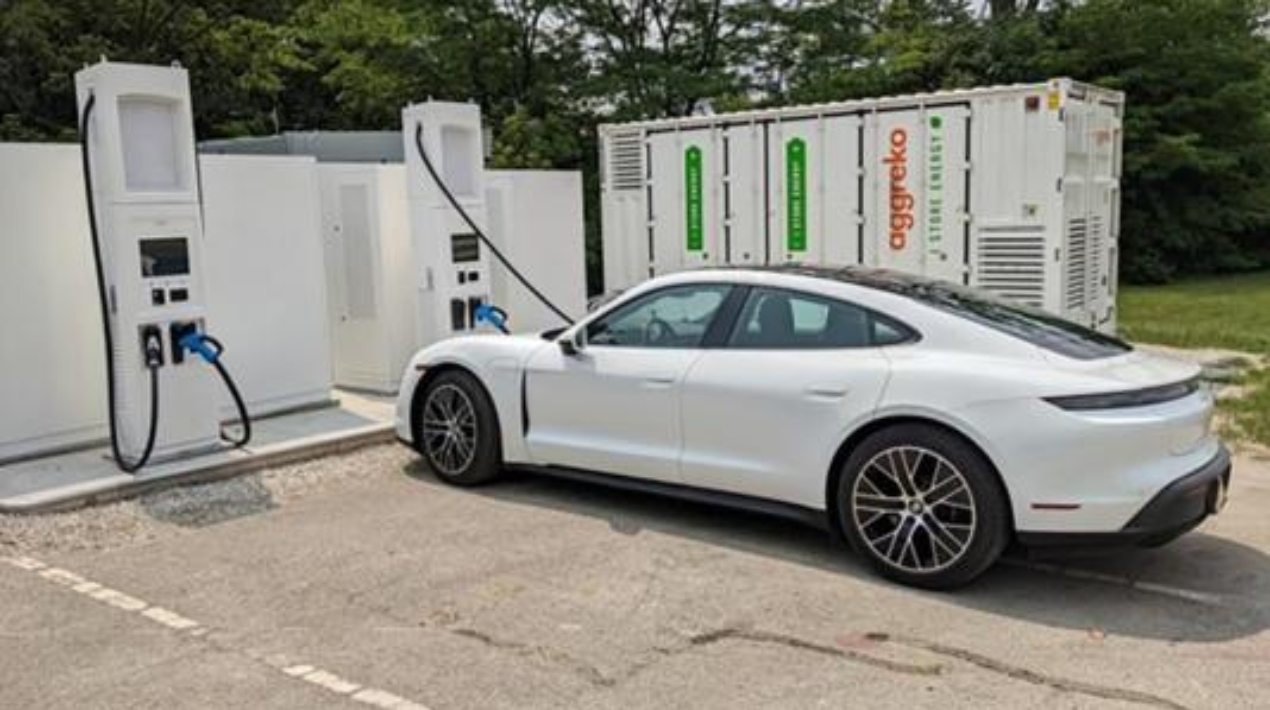
Researchers at the Argonne National Laboratory of the United States Department of Energy (DOE) prepared a safe smart-charging future as part of the Vehicle Technologies Office within the Office of Energy Efficiency and Renewable Energy. Argonne is working on the initiative with the largest utility company in the country as part of a four-year, US$5 million financed collaboration.
Charging stations have been springing up all over the United States to accommodate the growing number of electric vehicles (EVs) on the road. Intelligent charging allows these systems to connect to the power grid, drawing power during low overall demand and feeding it back when needed. Computer networks enable on-demand charging for EVs, and these vehicles can contribute to grid stability.
Intelligent charging stations must provide more than simply a collection of outlets and wires. Instead, these stations often have wireless networking, hard discs, and input devices. Therefore, they must be protected from cyber-attacks. Because of the risk of cyberattacks, connected vehicle chargers must follow the same security protocols as other Internet-connected equipment.
“In terms of how they function, it’s helpful to think of them as networked computers. What if they were altered by someone not authorised to do so?” Argonne’s Cybersecurity Analyst, Roland Varriale, provided some insight into the situation. “We’re trying to figure out how to lessen the blow of any potential disasters connected to it.”
With the assistance of the Smart Energy Plaza, which is Argonne’s testbed for integrating electric vehicle charging, renewable energy, building systems, and energy storage, Varriale and his colleagues assessed several charging methods and configurations. They briefed equipment manufacturers, offered best practices for securing EV charging systems and on-demand response charging technologies, and developed a database of known and uncovered vulnerabilities in these systems and devices.
“Businesses and the nation’s energy security will rely increasingly on the availability of EV charging stations, thus these facilities must be prioritised,” said Dan Dobrzynski, a Research Engineer at Argonne. “The work that we are conducting is providing us with a better understanding of the potential hazards and where to go from here.”
The collaboration study will also contribute to the Department of Energy’s Electric Vehicles at Scale Lab Consortium, also known as EVs@Scale. This consortium is primarily concerned with cyber-physical security. The collaboration brings together six of the Department of Energy’s national research labs, including Argonne, to engage with the business sector, community organisations, and other stakeholders. The primary purpose of this programme is to address difficulties and obstructions with high-power electric vehicle charging infrastructure.
“Through EVs@Scale, we are taking insights from the current project and looking at how they can be applied more broadly,” Varriale explained. “If we proceed in this manner, we can build secure energy systems long before any dangers emerge.”
EVs are becoming increasingly popular worldwide. A growing number of nations are actively supporting the development of electric vehicles. This trend has opened up new markets for Taiwanese contract semiconductor manufacturers. One of the most well-known American electric car manufacturers has placed large orders for electrical chips from various Taiwanese corporations. Observers of the industry have noted that Taiwan’s electronics companies, which are already making waves as the world’s largest supplier of chips, are poised to reap the rewards of the global shift towards EVs.
Meanwhile, Indonesia, in its latest move to encourage the development of electric vehicles, has granted tax incentives for hybrid EVs. The luxury tax exemption for battery-powered EVs will remain at 100%, but the tax on plug-in hybrid EVs will rise to 5%.
















